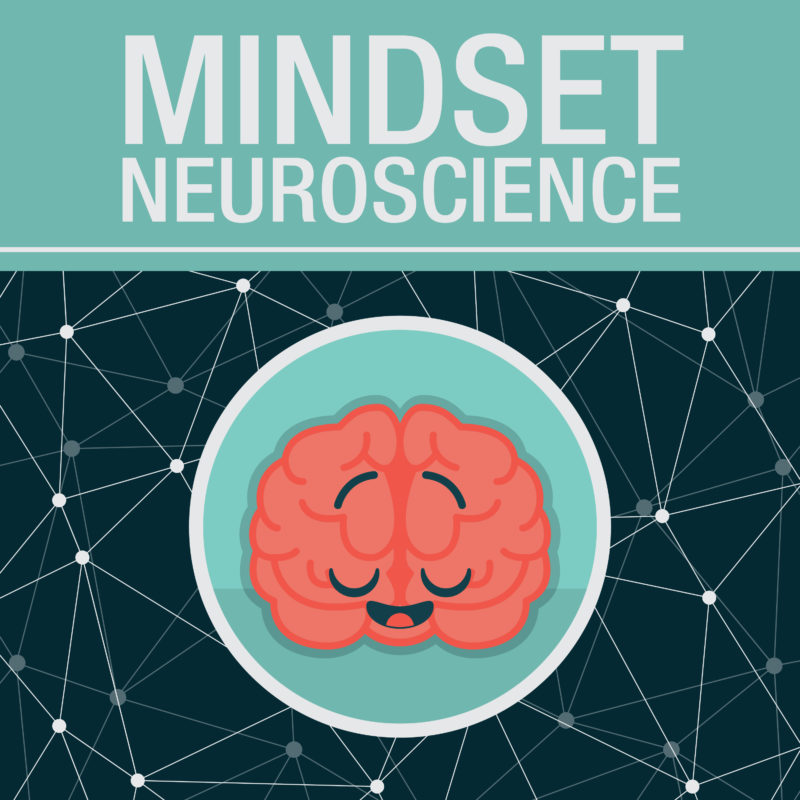What is it about those things we know are good for us that we somehow just can’t get ourselves to do?
Maybe we have intentions to do something healthy but then we don’t.
… or maybe we do start making healthy choices, but they don’t last, and we revert back to our unhealthy patterns..
Whether we’re talking about ‘doom-scrolling’ on the Internet, binge-watching Netflix, procrastinating on making a move that could boost our life in some way..
Why is it that we so often choose things that don’t serve us*?
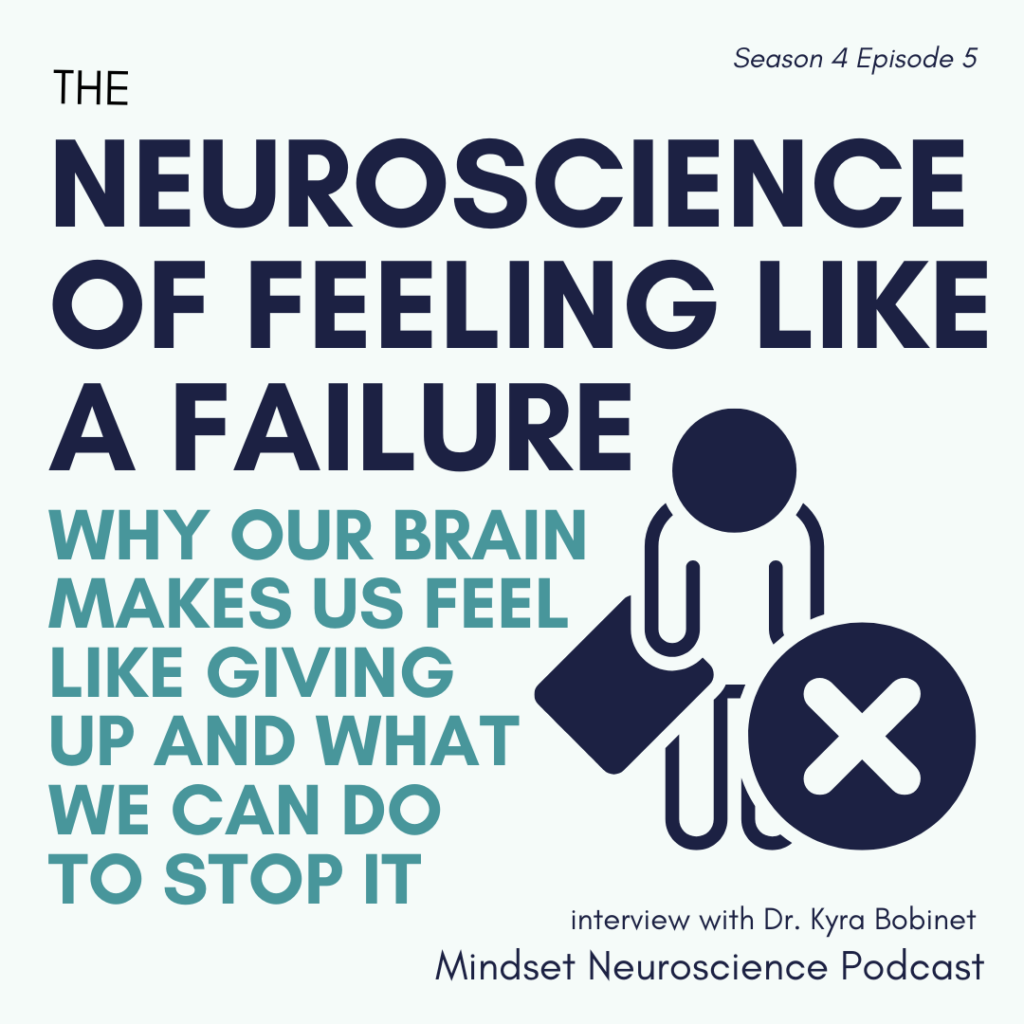
Listen on:
Blubrry:
Did you know that there are mechanics behind why we don’t do the things we know are good for us?
All this is tied to a very specific mechanism and system in our brain called the habenula. This little-known structure flags us when it picks up that we are failing at something and then shuts down our systems to prevent us from feeling motivated to keep doing it. It’s a primal structure that also exists in other species and is one of the most powerful drivers of our behavior.
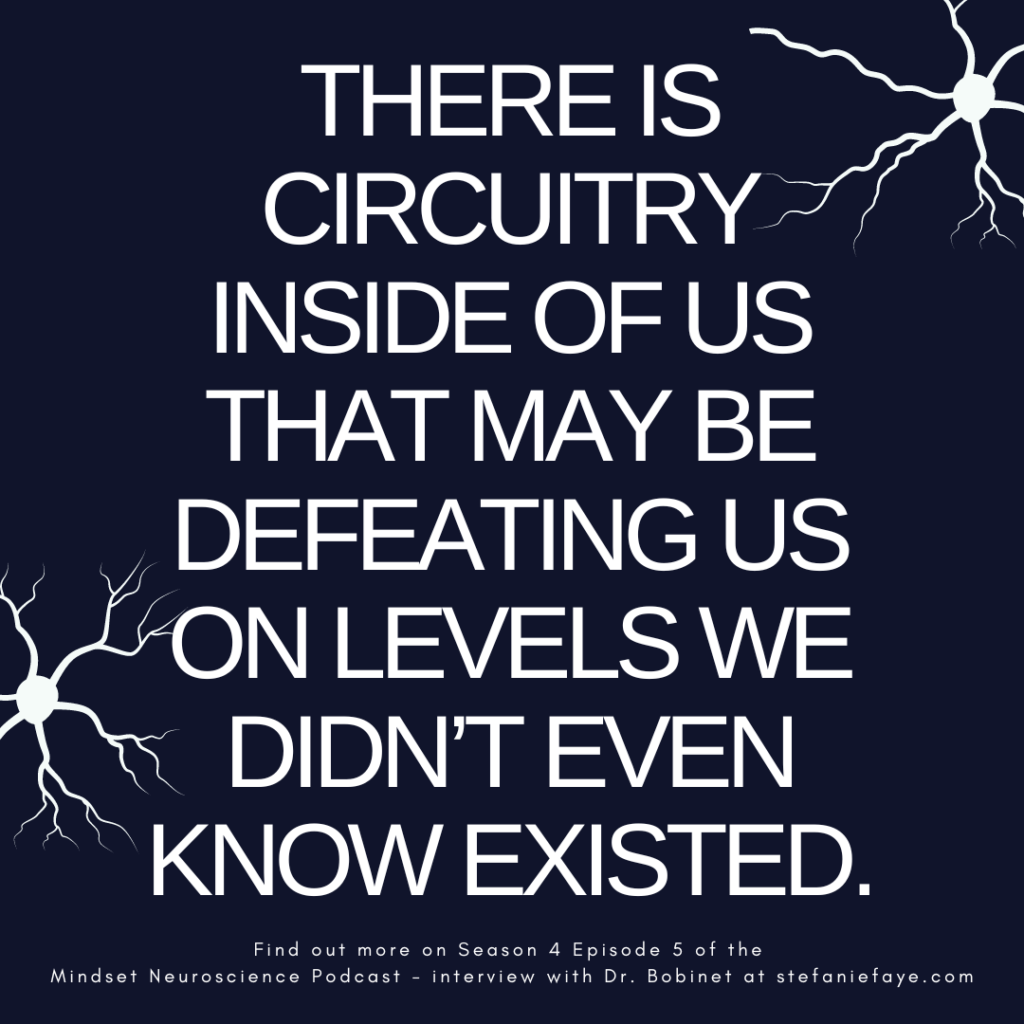
In this eye-opening interview with Dr. Kyra Bobinet, we discuss this brain structure and the importance of a very particular mindset that can help us bridge the gap between what we know is good for us and actually doing those things.
This is a powerful episode for anyone who is feeling challenged with procrastination, feelings of self-doubt, self-defeat, self-criticism.
There is circuitry inside of us that may be defeating us on levels we didn’t even know existed.
When this structure is activated, it physiologically shuts us down from trying to keep going. It affects dopamine, serotonin and other systems needed to take action.
According to Ables et al., the habenula "plays a crucial role in regulating emotional, motivational, and cognitive behaviors and has been implicated in several neuropsychiatric disorders, including depression and addiction" (Ables et al., 2023)
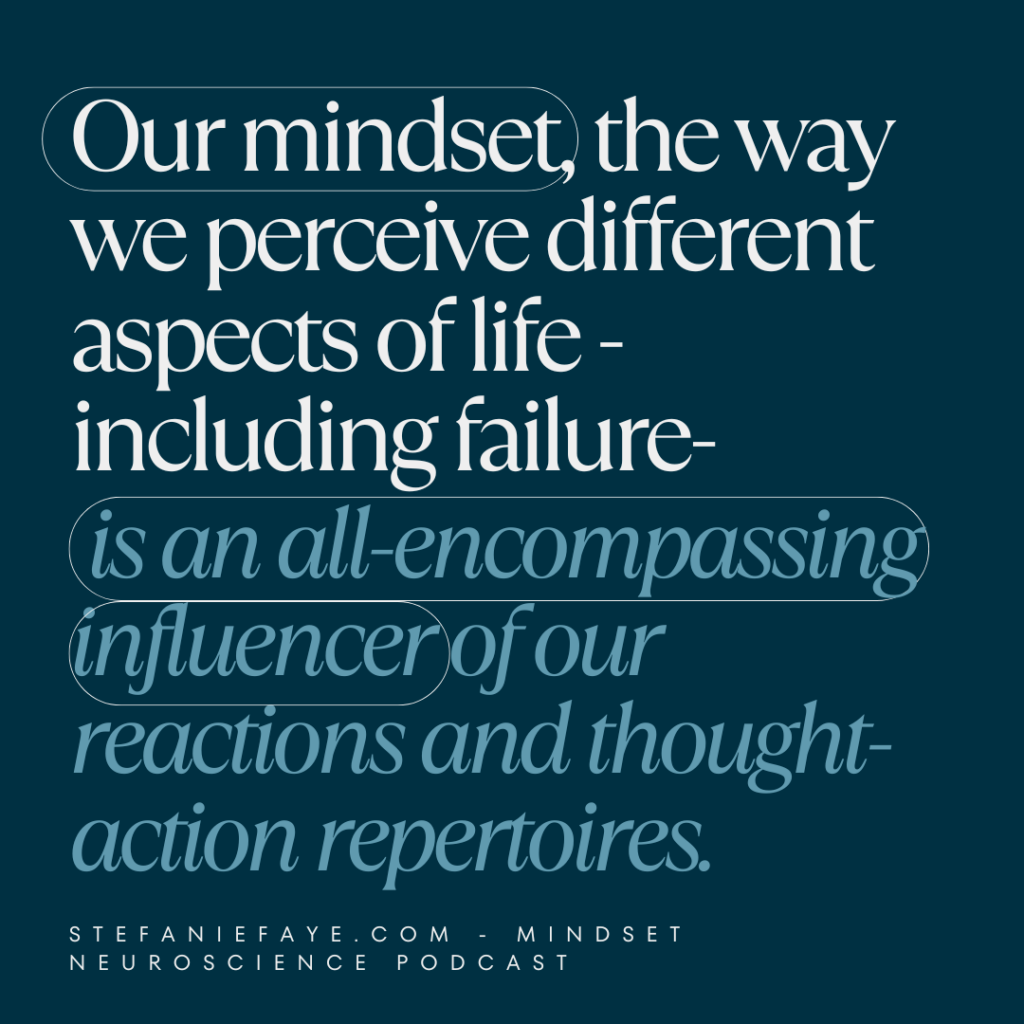
An empowering take-away of this interview is that once again, we see that mindset matters.
Our mindset, the way we perceive different aspects of life - including failure- is an all-encompassing influencer of our reactions and thought-action repertoires.
We also go into how technology and social media trigger a toxic activation of this structure and how this plays a role in mental health. As Dr Bobinet says in this interview,
“Parents would never let their child take a pill at night that makes them feel like a failure and de-motivated for the next day, and yet this is what’s happening. We are not appreciating the toxicity of Failure Events and all the different flavors of failure that are coming at our kids and at ourselves …”
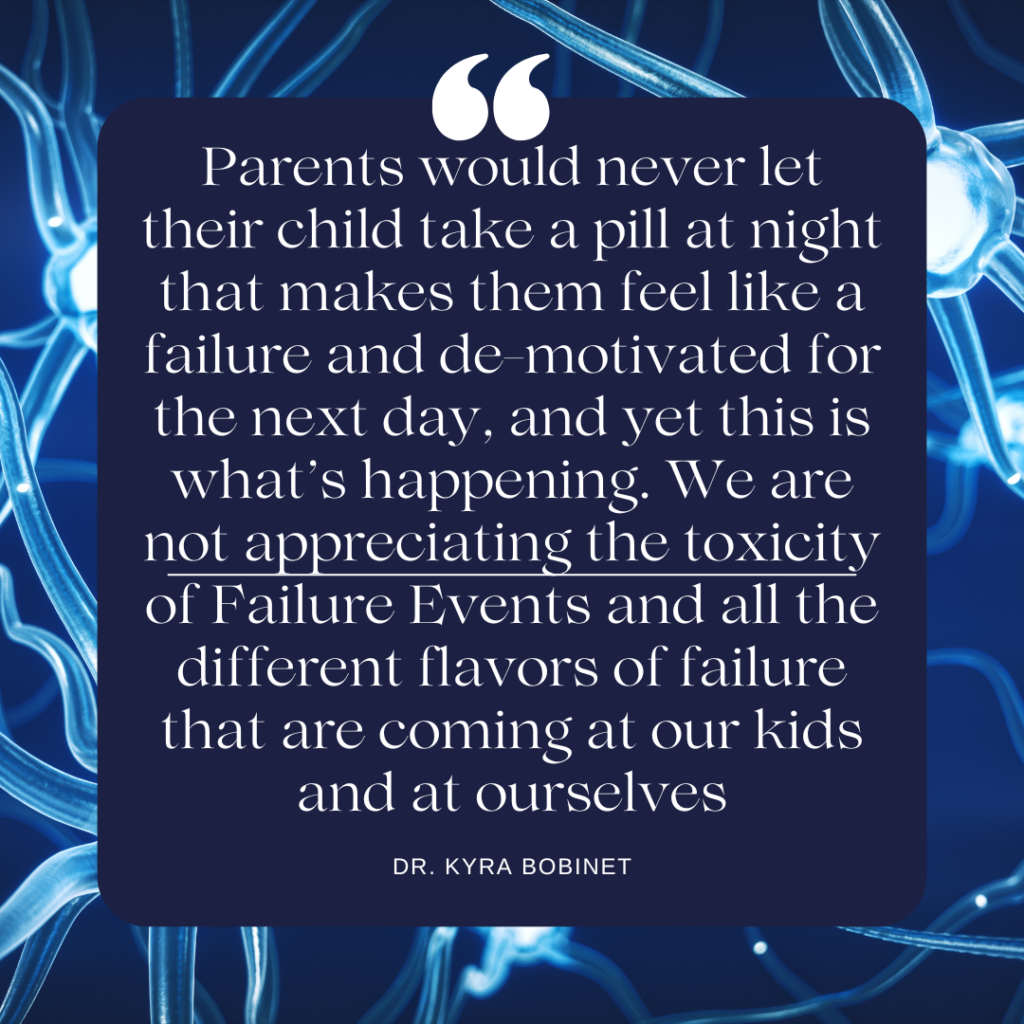
I hope you enjoy this episode and share it far and wide with anyone you know who is hoping to make positive changes in their life and possibly feeling challenged with what it takes to make those changes.
About Dr. Kyra Bobinet
Kyra earned her MD from UCSF School of Medicine and an MPH from Harvard University. As the former Medical Director of Health and Wellness Innovation at Aetna, she played a pivotal role in designing evidence-based clinical interventions and algorithms for over 30 million members. Kyra pioneered Aetna’s Mindfulness product, backed by a clinical study, demonstrating significant outcomes and cost reductions. An active contributor to the field, Kyra is associated with the Stanford Medical School AIM lab, where she occasionally teaches on health behavior change.
Her impactful writing includes the bestselling book “Well Designed Life,” a compilation of globally influential brain science and behavior change concepts. Her second book, Unstoppable Brain, delves into reframing, growth mindset, and the power of “iteration” in overcoming failure and maintaining motivation. Beyond her professional accomplishments, Kyra is an enrolled member of the Leech Lake Band of Ojibwe in Minnesota.
Learn more about Kyra Bobinet and her books and research
Dr. Bobinet's book: The Unstoppable Brain: The New Neuroscience That Frees Us from Failure, Eases Our Stress, and Creates Lasting Change
References:
Also - I am looking into the issue that has been happening with my audio during the interviews. I tried 3 different new microphones for the past 2 episodes and they seemed to work well, but something is happening with the zoom settings or the processing. Working on a solution, thanks for your patience!
“Nature uses only the longest threads to weave her patterns, so each small piece of her fabric reveals the organization of the entire tapestry.
–Richard P. Feynman

